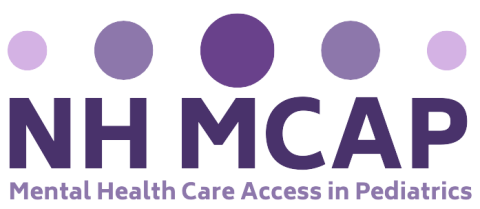Feb 9, Mar 8, Apr 12, May 31, & Jun 14, 2024 | 9:00am–11:30am online via Zoom
Training provided by: Michelle Cassavaugh and Kathy Francoeur
Description:

Are you ready to build your teams and community partnerships through a trauma responsive lens? This 5 part online training series will focus on how schools and mental health providers can develop systems and practices together which will promote:
- feelings of physical, social, and emotional safety for children and youth
- a shared understanding among staff and partners about the impact of trauma and adversity on students
- positive and culturally responsive discipline policies and practices
- access to comprehensive school mental health and behavioral health services and
- effective community collaboration
Additionally, teams will have an opportunity to enhance or explore how trauma-responsive approaches fit well within a multi-tiered system of support (MTSS) framework.
Who Should Attend:
Teams and community partners from rural school districts who have a foundational understanding of MTSS framework, commitment to work collaboratively as a team to ensure implementation of trauma informed practices. Consistent team attendance and participation is highly recommended to achieve the desired outcomes from the training.
Recommended team members include:
- school administrator/district representative
- social workers
- school counselors
- community mental health providers
- teachers/representatives for special education and general education
Funding for this training was provided by the UNH Institute for Health Policy and Practice.

This program is supported by HRSA (Health Resources and Services Administration) of the U.S. Department of Health and Human Services as part of an award totaling $445,000 with 20% financed with nongovernmental sources. The contents are those of the authors and do not necessarily represent the official views of, nor an endorsement, by HRSA, the Department of Health and Human Services, or the U.S. Government. For more information, please visit HRSA.gov.